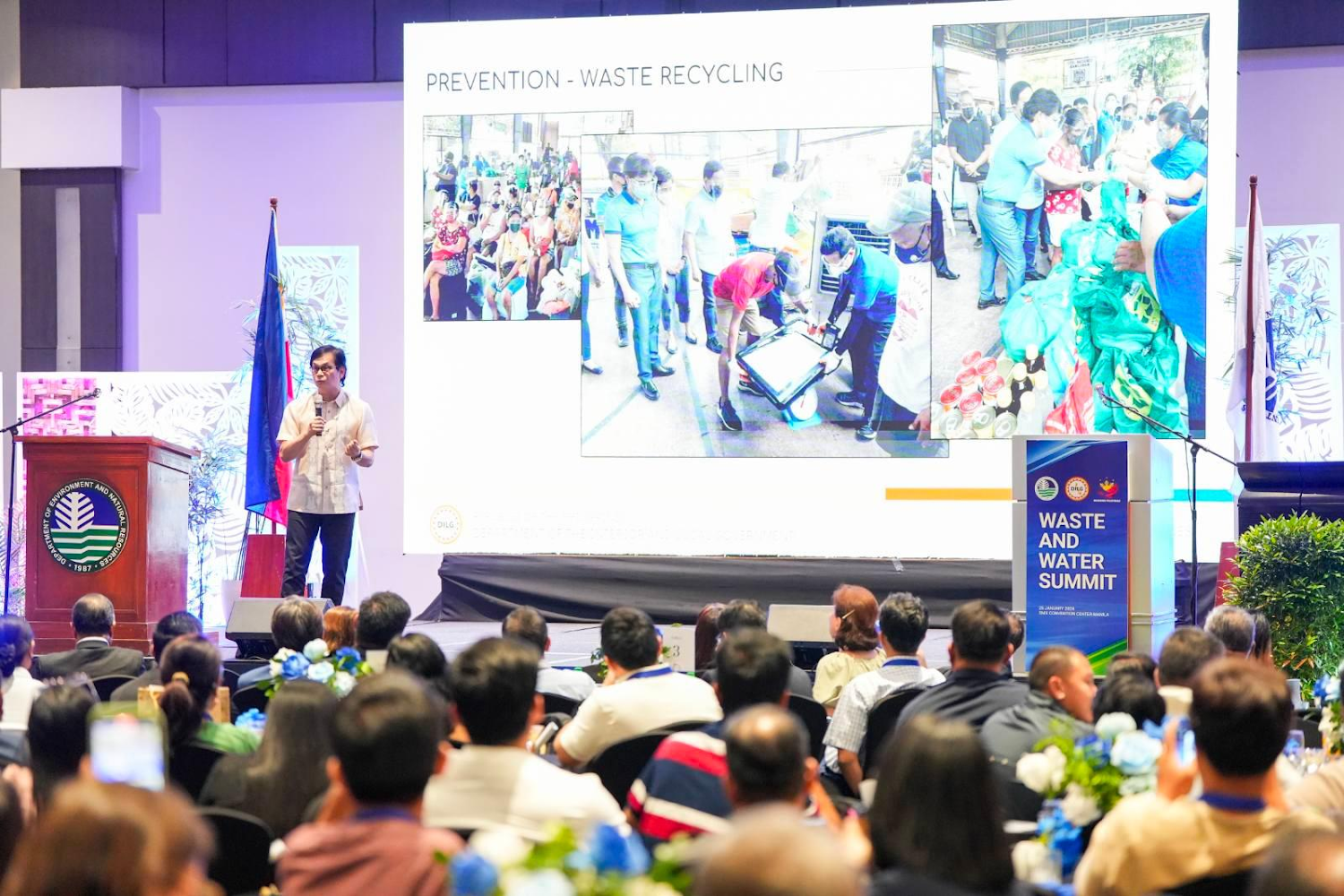DILG: PH produces 61,000 MT of garbage daily; 500 LGUs no access to sanitary landfills
By Chito Chavez

The Department of the Interior and Local Government (DILG) has expressed concern over reports that 20 percent of the 61,000 metric tons of garbage produced in the country daily comes from Metro Manila.
DILG Secretary Benjamin “Benhur’’ Abalos Jr. also dsiclosed that only 1,107 out of the 1,634 local government units (LGUs) all over the country have access to sanitary facilities.
“More or less, 500 LGUs do not have access to sanitary landfills. Ang tanong, saan nila tinatapon ang basura (That question is where to they dispose their waste)? My guess is as good as yours, kung saan saan na lang itinatapon (on where they dump them),” Abalos said.
With this major environmental concern, Abalos has pushed for the “active collaboration between local government units (LGUs) and national government agencies’’ to address the country’s nagging waste management and water security woes.
Abalos made the call during the recent Waste and Water Summit at the SMX Convention Center which was initiated by the Department of Environment and Natural Resources (DENR) in partnership with the DILG.
The summit was aimed at strengthening linkages and cooperation between the DENR, DILG, LGUs and other stakeholders at the local level among others.
Abalos acknowledged that the collaboration is very vital as he called on the LGUs to raise their environmental and waste management concerns for the DILG and the DENR to deal with.
Specifically, Abalos urged LGUs to seek help from the DILG and DENR to better address issues on waste management and water problems in their locality saying he understands that "not all LGUs are created equal."
“Let us look at reality – what is really happening on the ground. Not all LGUs are equal. Hindi po lahat ay mayaman (Not all LGUs are well-off),’’ he added.
The DILG secretary also explained that the DENR will establish the standard for cleanliness for each locality, while the DILG will diligently monitor and grant monetary incentives to LGUs who practice full compliance.
He also urged local leaders to use the privilege of their position to make a lasting difference and gear towards innovation to combat quandaries on waste management and water security.